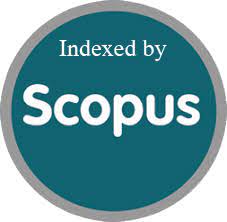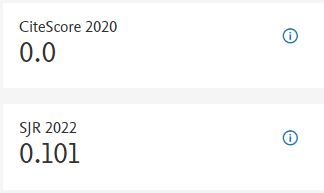Augmentation in Financial Data Evaluation Using Dimensionality Reduction and Adaptive Ensemble Learning
DOI:
https://doi.org/10.7492/6mrsz834Abstract
The classification of financial datasets presents unique challenges due to their high dimensionality, imbalanced nature, and complexity. This research proposes a novel three-phase methodology to address these challenges effectively. In Phase-I, baseline evaluations of five machine learning classifiers—Random Forest, Gradient Boosting, Support Vector Machine (SVM), XGBoost, and LightGBM—were conducted on the original dataset. Phase-II introduced High Dimensionality Reduction with Forward Feature Elimination (HDFE), reducing irrelevant features and improving model performance. In Phase-III, a Hybrid Reverse Binary Optimization with Adaptive Fusion (HRBOAF) framework was implemented, achieving a 25.35% reduction in features and enhancing model interpretability. After hyperparameter tuning, ensemble methods (XGBoost and LightGBM) emerged as top-performing algorithms, achieving 94.0% accuracy with significant gains in sensitivity and F1-score. The findings underscore the importance of dimensionality reduction, feature selection, and hyperparameter optimization in financial data classification, offering a scalable and efficient solution for predictive modelling in complex datasets.

















